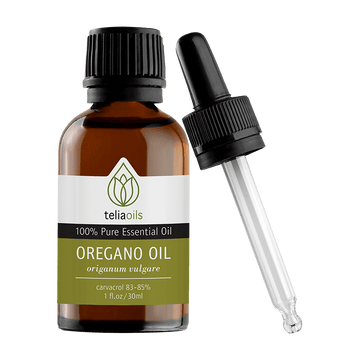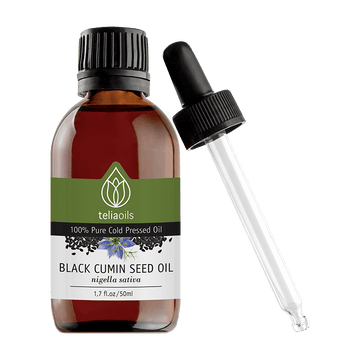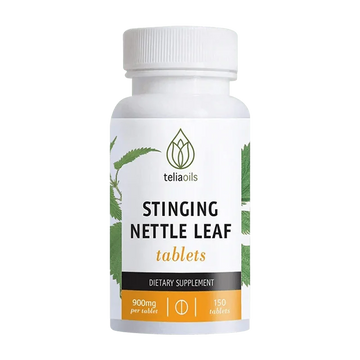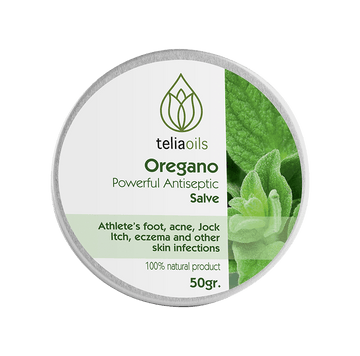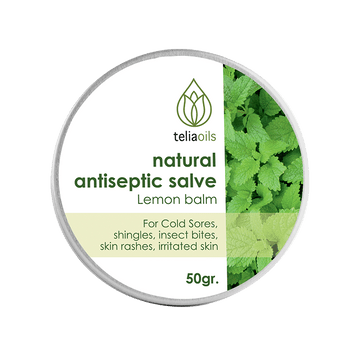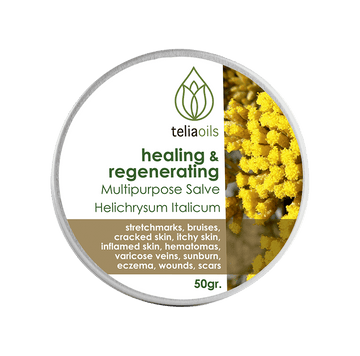
Halitosis, commonly known as bad breath, is a condition that can affect anyone at any time. It's not only a social inconvenience but can also indicate underlying health issues. This article will delve into the reasons behind bad breath, exploring the roles of bacteria, diet, health conditions, and oral hygiene in the development of this often embarrassing ailment. Understanding these factors is crucial for effectively managing and treating halitosis.
1. Bacterial Causes of Bad Breath
The primary cause of bad breath is the bacteria that reside in the mouth, particularly on the tongue, between the teeth, and along the gumline. These bacteria are naturally occurring and part of the mouth's normal flora. They feed on food particles left after eating, producing volatile sulfur compounds (VSCs) as waste products. It's these sulfur compounds, such as hydrogen sulfide (the smell of rotten eggs) and methyl mercaptan, that are primarily responsible for the foul odor associated with bad breath.
Managing Bacterial Growth:
- Proper Oral Hygiene: Regular brushing and flossing can reduce the food particles that bacteria feed on.
- Tongue Scraping: This practice helps remove bacteria, food debris, fungi, and dead cells from the tongue.
-
Antibacterial Rinses: Use of mouthwashes can temporarily reduce the bacterial load in the mouth.
2. Dietary Influences on Breath
What you eat can significantly affect the freshness of your breath. Foods like onions, garlic, and certain spices contain volatile oils, which are absorbed into the bloodstream and then expelled through the lungs, affecting breath odor until the food is eliminated from the body.
Dietary Adjustments:
- Watch Your Intake of Strong-Smelling Foods: Moderate consumption of foods known to impact breath odor.
-
Increase Intake of Water: Water helps cleanse the mouth and throat, and increases saliva production which is nature's way of keeping oral bacteria in check.
3. Health Conditions Related to Bad Breath
Halitosis may also be a sign of various health conditions:
- Dental Issues: Gum disease, cavities, and trapped food particles can contribute to bad breath.
- Dry Mouth (Xerostomia): Saliva is crucial for moistening the mouth, neutralizing acids produced by plaque, and washing away dead cells. A dry mouth provides a better environment for bacteria to thrive.
- Systemic Diseases: Conditions like diabetes, liver disease, respiratory tract infections, and chronic bronchitis have been linked to specific breath odors.
Health Strategies:
- Regular Dental Checkups: These can help catch and treat periodontal issues or cavities before they contribute to bad breath.
- Manage Dry Mouth: Use oral pulling or stimulate saliva flow by chewing sugar-free gum.
- Consult Healthcare Providers: If bad breath persists despite good oral hygiene, it might be necessary to check for underlying health issues.
Understanding the science behind bad breath is the first step towards effectively managing it. By addressing the root causes such as bacteria, diet, and potential health issues, and maintaining rigorous oral hygiene, one can significantly improve their breath quality and confidence. Remember, if bad breath persists, it is advisable to consult with a healthcare provider to rule out any serious underlying conditions.

